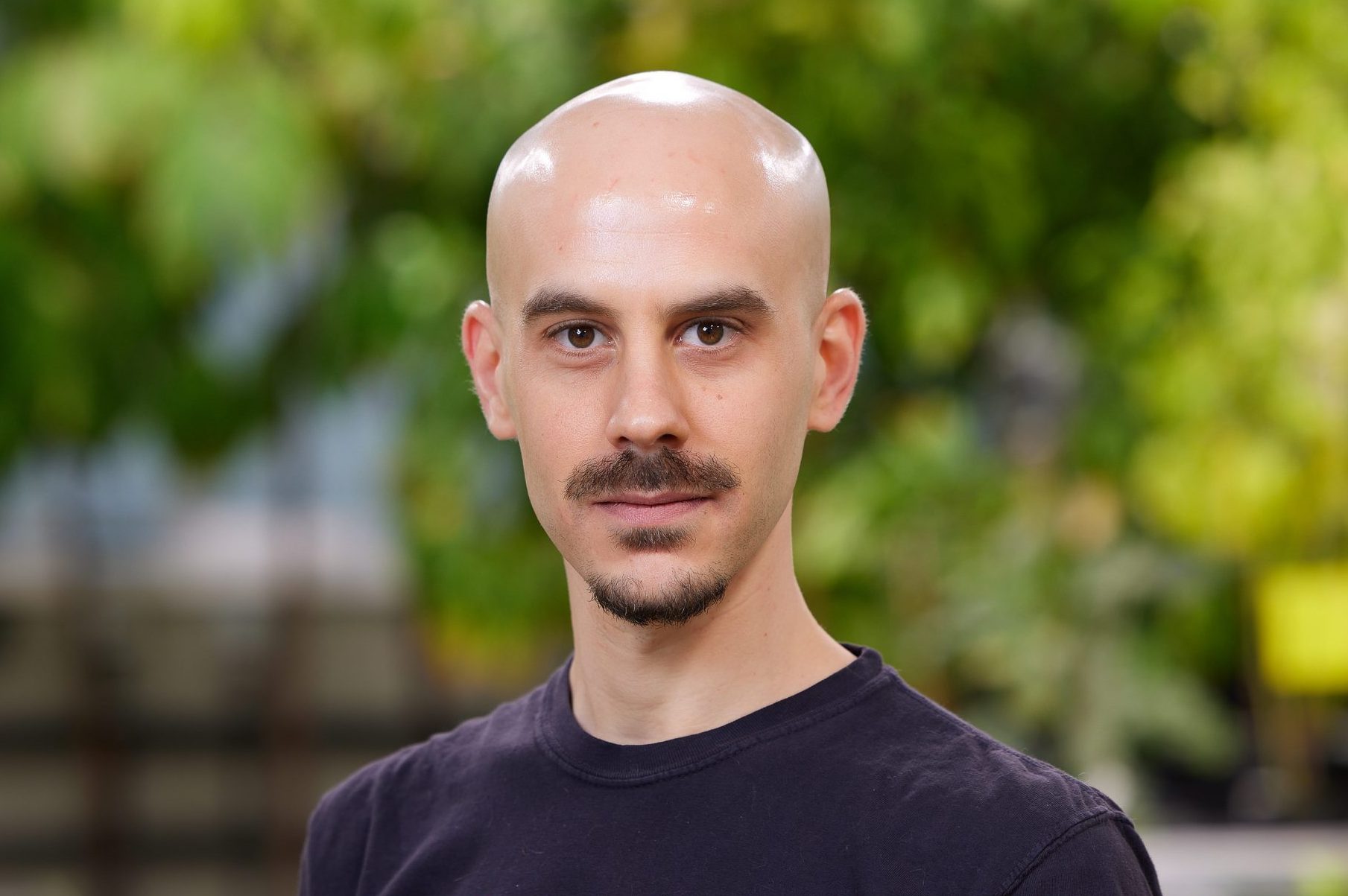Shaul Pollak was appointed tenure-track professor at University of Vienna and is CoE Key Researcher Nr 32.
Shaul received his Bachelor‘s degree at Tel-Aviv University studying general biology. His Master and PhD research in evolutionary systems biology was conducted at Tel-Aviv University studying the evolution of bacterial communication systems known as “Quorum-Sensing”. In 2018, for his first postdoc, he travelled across the ocean to Massachusetts Institute of Technology to work on machine-learning to infer the ecological role of microbes. His second postdoc, also at MIT, revolved around the evolutionary diversification of the most abundant phototroph on earth – Prochlorococcus marinus. In 2023, he accepted an offer from the University of Vienna as a group leader and became a tenure-track professor at CeMESS in 2024.
Shaul has been developing and implementing computational approaches to achieve the vision of “reverse ecology” in microbes – inferring ecologically relevant information from genomic data. His two postdocs were conducted in a framework of large multi-university collaborations aiming to uncover basic principles in microbial ecology. During his graduate studies, he connected evolutionary theory to observed diversity patterns, developed models and ran experiments that set lower bounds to the ability of cells to sense their own secreted signals, and contributed to the understanding of how the lab strain of Bacillus subtilis differs from “wild” isolates.
As a CoE Key researcher, Shaul and his lab will contribute to the CoE by participating in the synthesis module. They will use the unique opportunity to analyze high-quality and uniform data across biomes to develop and test simple theories that aim to uncover the basic principles and constraints that drive communitydiversity, evolution, and function. They will use tools from complex systems, evolutionary theory, physiological and metabolic theory, and ecological stoichiometry to explore our ideas. Additionally, they will be contributing their expertise in metagenomic analysis and the influence of ecological interactions across the work packages.


